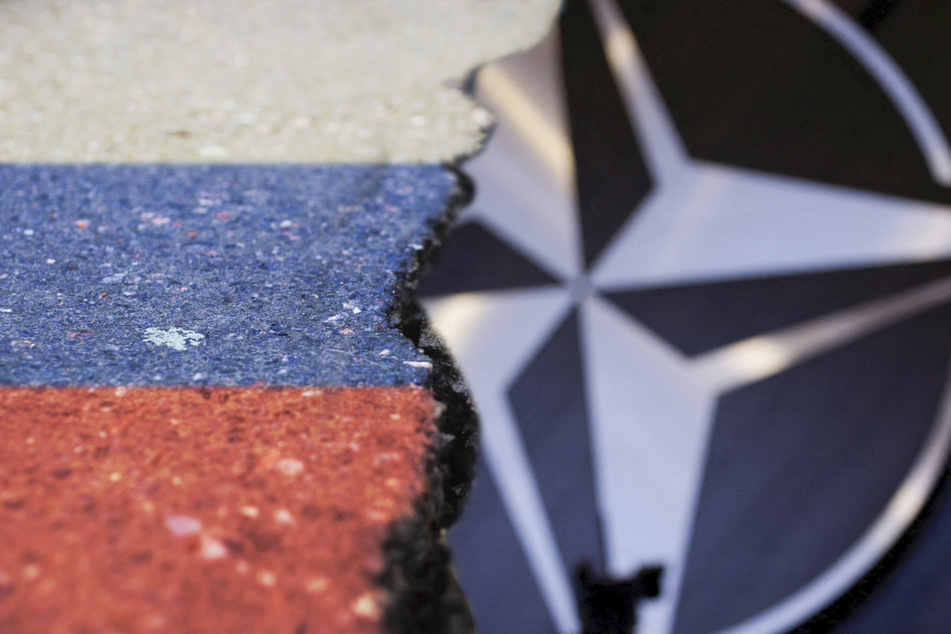NATO members to suspend arms control treaty after yet another Russian exit
Brussels, Belgium - NATO members will suspend an arms control treaty with Russia after Moscow officially pulled out of the agreement, the military alliance announced on Tuesday.

Russia formally withdrew from the Treaty on Conventional Armed Forces in Europe (CFE) after Russian President Vladimir Putin signed the corresponding law in May.
NATO allies condemned Moscow's decision in a joint statement on Tuesday.
"Russia's withdrawal is the latest in a series of actions that systematically undermines Euro-Atlantic security," NATO said in the statement.
"Russia continues to demonstrate disregard for arms control, including key principles of reciprocity, transparency, compliance, verification, and host nation consent, and undermines the rules based international order."
The suspension by NATO members was a consequence of Russia's decision to withdraw and in accordance with international law, the statement said. In the event of a fundamental change in Russia's behavior, a renewed implementation of the CFE Treaty remains possible.
The Kremlin said in May that the cancellation of the treaty will have "no direct consequences."
Russia had years ago largely shelved the treaty, which was signed in 1990 and sets the ceilings for the stationing of heavy weapons on the European continent.
The weapons regulated under the CFE treaty include armored combat vehicles and infantry fighting vehicles, heavy artillery, combat aircraft, and helicopters.
Russia's withdrawal comes less than a week after President Vladimir Putin ratified Moscow's exit from a treaty that bans nuclear weapons testing, potentially paving the way for the practice for the first time in decades.
Cover photo: Collage: REUTERS & 123RF/strebkov
